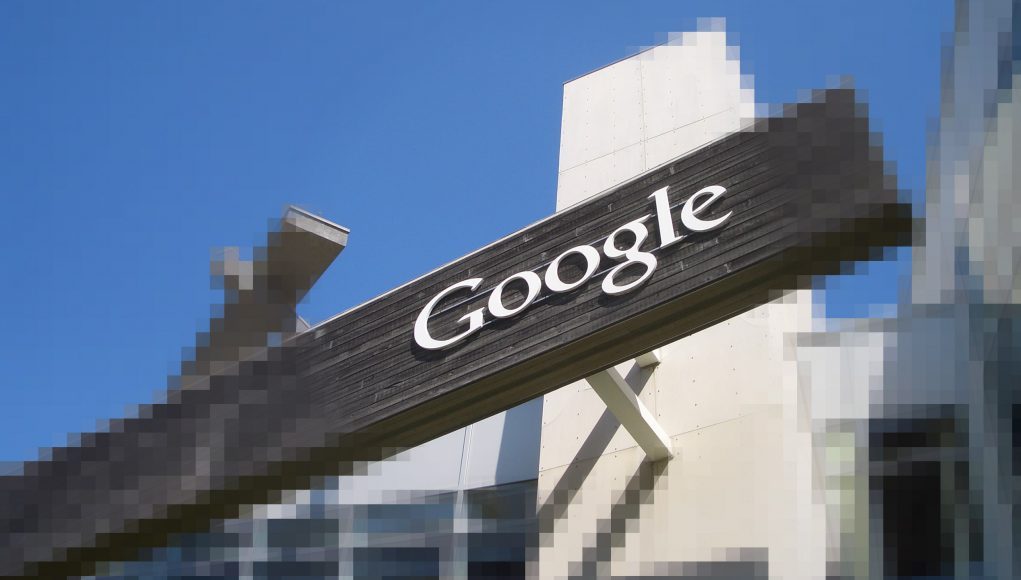Google is shaking things up with the reorganization of its AR/VR efforts, Project Starline, and Area 120 in-house incubator, dubbing the internal team ‘Google Labs’.
As first reported by TechCrunch, Google is shifting a few of its notable forward-looking projects into a single team and bringing them under the leadership of Google veteran Clay Bavor.
Before taking the reigns of Google Labs, Bavor led the company’s AR/VR team where he oversaw the 2016 launch of its Android-based Daydream VR platform. It was an ambitious undertaking, although it was subsequently abandoned in 2019 due to a disappointing reception to its slot-in smartphone efforts and poor market performance of its 6DOF Daydream headset, Lenovo Mirage Solo. The team also helped develop ARCore, the augmented software development kit that brought smartphone-based AR to millions of Android devices.
More recently, Bavor led Google’s Project Starline, an experimental light field display system that the company envisions as a “magic window” of sorts, allowing far-flung users to speak in a more natural way than video conferencing apps can provide—and all without the need of a headset or special glasses.
Both Project Starline and its AR/VR efforts have a shared lineage within the company, but it seems Google is adding an entrepreneurial flare to Labs with the inclusion of Area 120, the in-house tech incubator that has seen the successful launch of several startups including Threadit, Stack, Adlingo, Gamesnacks, Avera AI, and Orion WiFi.
An no, this doesn’t mean the company is reviving the 2000s-era Google Labs, which was used as a public testbed to demonstrate new projects like Gmail, Google Calendar and Google Wave. An internal company memo obtained by TechCrunch states the reorganization is “focused on starting and growing new, forward-looking investment areas across the company.”
“Central to this org is a new team called Labs, focused on extrapolating technology trends and incubating a set of high-potential, long-term projects,” the memo said.
As a result, it appears Area 120 is being elevated with its incorporation into Labs. TechCrunch notes that the incubator was “three layers deep in terms of reporting to Google CEO Sundar Pichai — even though Pichai himself had to sign off on its every exit.”
Google hasn’t officially announced Labs, however the company tacitly confirmed it by acknowledging Bavor’s new title, calling it “an expanded role” that will focus on “long-term technology projects that are in direct support of our core products and businesses.”







